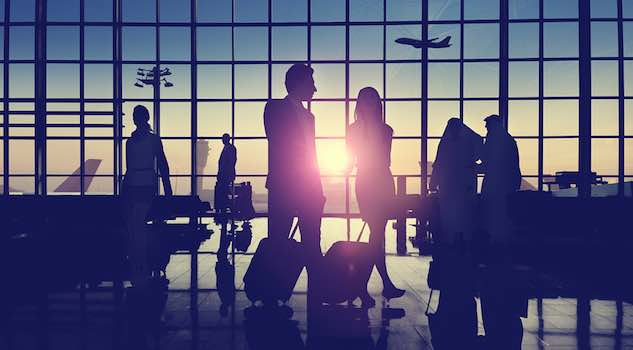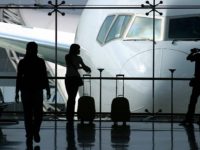SMEs have been hit particularly hard by the global pandemic, and continue to suffer with snap lockdowns and travel restrictions preventing them from setting out on the road to recovery. And, more than 18 months since COVID hit, there is still no green light for interstate and international business travel – an essential tool in providing businesses with a personal connection with customers and among their team members.
A new study by SAP Concur reveals that ANZ business travellers are eager to embrace travelling for work once more as long as there are adequate health and safety procedures and policies in place, with 98 per cent of those surveyed saying that they are “ready” to travel for business in the next 12 months, and 68 per cent noting they are “very willing” to do so.
“Australian and New Zealand SMBs are trying to establish paths to recovery but, for many, this includes interstate and international travel,” Fabian Calle, managing director of small and medium business at SAP Concur Australia and New Zealand, said.
“The exact timing of when borders will reopen to all countries remains uncertain. However, when the Australia and New Zealand travel bubble opened for a short time earlier this year, many businesses took advantage of this and resumed business travel between countries. If this is any indication, ANZ businesses are ready to restart business travel as it benefits both the business and its employees.”
After the announcement of the Australia-New Zealand travel bubble in April 2021, 52,280 New Zealand citizens visited Australia during May, and a further 43,800 New Zealand citizens arrived in June.
The impact of not resuming travel has businesses concerned, with 38 per cent worried about building new relationships, 35 per cent concerned it will mean they sign fewer new deals, and 32 per cent concerned fewer contracts will be renewed.
“Businesses have found alternative methods of communicating remotely but some businesses still require in-person meetings and discussions to develop customer relationships or to close deals,” Calle said. “Although the impact of the pandemic halted international travel everywhere, there are different cultural values across the world when it comes to business meetings. Therefore, it’s important that ANZ businesses have the opportunity to respect this by travelling to attend in-person meetings as soon as it is possible.”
SMEs’ desire to start travelling again make it vital that businesses consider how to provide employees with health and safety measures that make them feel confident no matter where they are. The research found that 93 per cent of ANZ business travellers expected their company to provide adequate benefits to ensure their health and safety while travelling, but two in five hold themselves most accountable for their own health and safety when they’re travelling. The study also reveals that employees want more control so they can choose the best methods of travel, accommodation, and booking options through travel supplier websites after doing their own research and seeing all the options available.
“Employees need to feel safe when they resume business travel,” Calle explained. “Letting the employee plan the trip details provides them with the reassurance that they have chosen the best options to protect their own health and safety.
“To make this task easier to manage, companies can implement a travel and expense system that brings the process of booking and managing travel and the associated data together in one place,” Calle added. “A travel and expense system can provide a global inventory from multiple travel suppliers with negotiated and fixed costs, direct connections, and website-only fares. It can also track budgets, let employees upload receipts while travelling, and streamline itinerary planning and management on the go.
“In the new travelling environment, internal policies for health and safety will be different. A travel and expense system can be customised to incorporate these internal policies and external regulations, ensuring the safety of employees while adhering to new national and international regulations. It’s important for businesses to choose a solution that includes elements like neighbourhood safety scores, and one that lets the organisation track a traveller’s location so they can provide help quickly if needed,” Calle concluded.















